
Though perhaps not one of the higher profile groups in the competition as there is no real marquee name in the mix, Group C could still provide lots of intrigue during this World Cup. Colombia are the seeded side and team expected to top the section; they are joined by Ivory Coast, Greece and Japan.
Colombia come highly-rated and may be favoured, but they will have to overcome the potential loss of star striker Falcao and a difficult history at the World Cup if they are to advance.
Ivory Coast meanwhile will be thrilled to have landed in such a group after very tough draws in 2006 and 2010. With a talented group of players that is getting up there in years they will know the time is now to make a statement.
Greece also possess an older if experienced bunch. Their football may not be about aesthetics, but they have shown they can defy the odds in major tournaments.
Finally, Japan is a team on the rise, but can they make their third knockout round in a row? They have talent and skill in abundance; the question is whether they have the steel to fight it out in this open group.
While the limelight has been cast elsewhere during this World Cup, don’t be surprised to see Group C emerge as one of the more fascinating and dramatic groups in the competition.
Colombia find themselves back at the World Cup for the first time in sixteen years. Recently, a golden generation of talent has been amassed led by one of the world’s best strikers in Radamel Falcao. However, if Los Cafeteros are to advance past the group stage of the competition for the first time since 1990, they have to do so without their talismanic frontman. A serious knee injury suffered back in February has ruled the Monaco man out.
In truth, even Falcao’s absence won’t take away from the fact that Jose Pekerman’s side are considered as one of the tournament’s dark horses. It has been a tremendous rise for a team that early on in CONMEBOL qualifying flattered to deceive after a rough start. Former manager Leonel Alvarez was given the sack just a few matches into the marathon qualifying campaign and the Argentine Pekerman was installed. It was a masterstroke for the team as they went to win five of their next six qualifiers to put them firmly in the running for a spot in the World Cup. Colombia ultimately finished in second place with 30 points, just two behind Argentina.
This is a talented group who play an exciting brand of football. Colombia possess the ball, but perhaps the most eye-catching part of their game is their explosiveness going forward. The Colombians do not possess the richest history when it comes to the World Cup. In four previous appearances at the tournament, the team have only picked up three victories and have escaped the first round only once.
Key players
 With Falcao missing out on Brazil, there will be widespread anxiety with regard to this team. That sort of worry might be misplaced however as there is enough talent up front to cover for the Monaco star. Teofilo Gutierrez of River Plate scored six goals in qualifying and is a battling striker who knows how to find the net. He could well be partnered by FC Porto’s Jackson Martinez who is coming off a fine European season. The former Independiente Medellin player can mix deft touches with a real explosiveness off the dribble. Feeding those players is the talented youngster James Rodriguez. The crafty playmaker is a crucial cog in the Colombian attacking machine.
With Falcao missing out on Brazil, there will be widespread anxiety with regard to this team. That sort of worry might be misplaced however as there is enough talent up front to cover for the Monaco star. Teofilo Gutierrez of River Plate scored six goals in qualifying and is a battling striker who knows how to find the net. He could well be partnered by FC Porto’s Jackson Martinez who is coming off a fine European season. The former Independiente Medellin player can mix deft touches with a real explosiveness off the dribble. Feeding those players is the talented youngster James Rodriguez. The crafty playmaker is a crucial cog in the Colombian attacking machine.
It is at the back where the biggest questions are for this side. The main man in the heart of the backline remains Mario Yepes. The Atalanta centre-back is now 38 and how he plays in Brazil could go a long way in dictating how Colombia fare at the World Cup.
Coach profile – Jose Pekerman
 Jose Pekerman’s appointment as Colombian boss coincided with a revival of the team’s hopes for World Cup qualification. His favored 4-2-2-2 formation has been an instant success with this squad, as has his attacking philosophy. After great success with the Argentina Under-20 team whom he led to three World Cup wins at that level, Pekerman took over for the full national side ahead of the 2006 World Cup. There he saw his team succumb to Germany in the quarter-finals having played some of the best football of the tournament. He has coached at the club level in Mexico, but it is with national teams where has found most success.
Jose Pekerman’s appointment as Colombian boss coincided with a revival of the team’s hopes for World Cup qualification. His favored 4-2-2-2 formation has been an instant success with this squad, as has his attacking philosophy. After great success with the Argentina Under-20 team whom he led to three World Cup wins at that level, Pekerman took over for the full national side ahead of the 2006 World Cup. There he saw his team succumb to Germany in the quarter-finals having played some of the best football of the tournament. He has coached at the club level in Mexico, but it is with national teams where has found most success.
Expectations and prediction
This is a side that are expected to top Group C. Certainly it is not the toughest group in the competition, but it is not as straightforward as it seems either. Colombia will come up against three different styles of play and will have to summon their form from the qualifiers. If they can pick up some momentum in the group stage then a shock victory over potential opponents such as Uruguay, Italy or England is not out of the question. That would mean a first-ever quarter-final berth for the country. Though their history in the tournament is not great, expect this talented side to finally help Colombia shine on the world’s biggest stage and advance as far as the quarter-finals.
Group fixtures
Colombia v Greece (14th June, Estadio Mineirao, Belo Horizonte)
Colombia v Ivory Coast (19th June, Estadio Nacional Mane Garrincha, Brasilia)
Colombia v Japan (24th June, Arena Pantanal, Cuiaba)
If Colombia’s current golden generation are set to take their first shot at a World Cup, Ivory Coast’s could be awaiting to take their last. This is the Elephants third straight trip to the finals and the dream is to finally advance to the knockout round. The 2006 and 2010 tournaments were considered disappointments for this side, but they did have the misfortune of landing in ‘The Group of Death’ for two consecutive World Cups. Now their section looks more manageable and the expectations will be huge that they come out of Group C.
After finishing first in Group C of CAF qualifying, Sabri Lamouchi’s men went on to defeat Senegal 4-2 on aggregate in their two-legged playoff. This is a squad that is full of European-based players plying their trade at some of the best clubs on the continent. Add to that a good portion of domestic talent and the mix looks right for a tournament to remember. There is no shortage of quality with this bunch and though Lamouchi is inexperienced, the players have taken to their manager and the results thus far have been positive.
Key players
 Several members of this team are household names in football. The biggest of these is undoubtedly Didier Drogba. The former Chelsea striker has had a fantastic career at both the club level and for his national side. At 36, this is certainly his last shot at success in the World Cup, but Ivory Coast’s all-time leading scorer (63 goals) will be confident of ending his international career with a bang.
Several members of this team are household names in football. The biggest of these is undoubtedly Didier Drogba. The former Chelsea striker has had a fantastic career at both the club level and for his national side. At 36, this is certainly his last shot at success in the World Cup, but Ivory Coast’s all-time leading scorer (63 goals) will be confident of ending his international career with a bang.
Arguably of more importance to the Elephants is midfielder Yaya Toure. After a career-best season with Manchester City, Toure goes to Brazil in as good of form as any player in world football. His all-around game from his defensive strengths to his ability to get forward and create or score goals means he is the man Ivory Coast look for to get things going.
Salomon Kalou and Gervinho will provide the threat from the flanks and both players are experienced performers in Europe who can score goals. Some question marks remain in defence. The backline is led by Kolo Toure and time will tell if he can block out an error-strewn campaign for Liverpool.
Coach profile – Sabri Lamouchi
 When Sabri Lamouchi was installed as Ivory Coast boss in 2012, the decision was met with widespread scepticism. Some optimistic supporters wondered how this untested manager would fare in his first job, while everyone else seemed to believe that this was a choice in manager that was destined for failure.
When Sabri Lamouchi was installed as Ivory Coast boss in 2012, the decision was met with widespread scepticism. Some optimistic supporters wondered how this untested manager would fare in his first job, while everyone else seemed to believe that this was a choice in manager that was destined for failure.
In the end, the former French international has had the last laugh. Lamouchi’s approach which has included an emphasis on discipline within the team has been viewed as one of the main reasons Ivory Coast are in Brazil. From sheer derision by many after getting the job, Lamouchi has gained widespread respect for leading the Elephants to Brazil with an undefeated record.
Expectations and prediction
Can Ivory Coast finally put together a real run at the World Cup? This time the suggestion is that everything is in place for Lamouchi’s side to finally make an impact on the tournament. Everything could come down to the opener against Japan. Should Ivory Coast claim the three points then they would be favourites to advance from Group C. This team have had no shortage of talent for the last decade, however at major tournaments the results have been underwhelming. It really seems like now or never for a breakthrough to occur. With Yaya Toure in such masterful form, Ivory Coast look set to advance from this group, though it could be tough to see them going further than the Round of 16.
Group fixtures
Ivory Coast v Japan (14th June, Arena Pernambuco, Recife)
Ivory Coast v Colombia (19th June, Estadio Nacional Mane Garrincha, Brasilia)
Ivory Coast v Greece (24th June, Estadio Castelao, Fortaleza)
Greece punched their ticket for their second straight World Cup with a playoff victory over Romania. The 4-2 aggregate win was important in that it not only qualified the team for the World Cup, but it helped erase the memories of a lethargic qualifying campaign. Though Greece amassed 25 points in Group G, they lost out on automatic qualification to Bosnia on goal difference. The problem was in the displays where the team struggled to defeat the likes of Latvia, Lithuania and Liechtenstein. It was the manner of the performances that had many supporters wondering how this team could succeed in a tournament like the World Cup. Optimism returned however with the showings against Romania in the playoffs.
Those two matches proved that this team can do more than destroy on the pitch, that Fernando Santos’ side can actually play some decent football. In order to come out of Group C however, the Greeks will have to raise their game to an even higher level. Santos was able to muster out some massive performances from his players two years ago as Greece surprised with their progression to the quarter-finals of Euro 2012. The Portuguese boss will have to repeat the trick this June in a very tough looking group for Greece.
Greece are an old-fashioned counter-attacking outfit who love to soak up pressure and hit on the break. Perhaps this is why Greece seemingly struggle against smaller sides and thrive against the bigger guns. There might not be much for fantasy and creativity for this team who still remain reliant on set-pieces for goals, but Greece are simply not a side that many others like to play come tournament time.
Key players
 The real breakthrough star of the qualifying campaign was Kostas Mitroglou. The former Olympiacos star scored three of Greece’s four goals in the matches against Romania and was in scintillating form for club and country. After being snapped by Fulham in a club-record deal, he struggled with a knee injury and has only recently regained fitness. Santos is taking the player to Brazil, but the worry is he won’t be able to find his form in time.
The real breakthrough star of the qualifying campaign was Kostas Mitroglou. The former Olympiacos star scored three of Greece’s four goals in the matches against Romania and was in scintillating form for club and country. After being snapped by Fulham in a club-record deal, he struggled with a knee injury and has only recently regained fitness. Santos is taking the player to Brazil, but the worry is he won’t be able to find his form in time.
Flanking Mitroglou in Greece’s usual 4-3-3 are Georgios Samaras and Dimitris Salpingidis. The former is the main man responsible for holding up the ball and creating on the left side of the attack while the latter is a hard-working right-sided player who has scored a series of crucial goals for his country in recent years.
Giorgos Karagounis, even at 37, is still the most influential Greek midfielder. The inspirational captain is as important off the field as he is on it for this team. Giannis Maniatis’ dogged determination and incessant running is key in his defensive midfield position.
Sokratis Papastathopoulos has emerged as the leader of the backline and was solid in his first season for Borussia Dortmund.
Coach profile – Fernando Santos
 Santos has continued previous manager Otto Rehhagel’s defence-first philosophy. Santos is slightly more versatile than his German predecessor and his team selection reflects more who is in form. Santos has enjoyed success at the club level in Portugal and Greece. He has continued earning plaudits with the Greek national team leading them to both Euro 2012 and now the World Cup. The 59-year-old has forged a tight bond with this group of players and will want to go out on a high after announcing he will leave his post after the World Cup.
Santos has continued previous manager Otto Rehhagel’s defence-first philosophy. Santos is slightly more versatile than his German predecessor and his team selection reflects more who is in form. Santos has enjoyed success at the club level in Portugal and Greece. He has continued earning plaudits with the Greek national team leading them to both Euro 2012 and now the World Cup. The 59-year-old has forged a tight bond with this group of players and will want to go out on a high after announcing he will leave his post after the World Cup.
Expectations and prediction
At first glance there doesn’t appear to be the requisite quality to get out of this group. And in truth Greece probably won’t as they have traditionally struggled with skillful and speedy teams who are able to play quick combinations. Add to this several players going to the World Cup in mediocre form, then the recipe for success doesn’t appear to be there.
However, the rest of Group C write this team off at their peril. The past decade has shown that this side are no pushover even against the best. In fact, Greece relish tight matches where they can bunker down and wait for an opening. If they can pick up a win in one of their first two matches against Colombia and Japan then they will fancy themselves to get out of this group.
Group fixtures
Greece v Colombia (14th June, Estadio Mineiro, Belo Horizonte)
Greece v Japan (19th June, Arena das Dunas, Natal)
Greece v Ivory Coast (24th June, Estadio Castelao, Fortaleza)
The Blue Samurai waltzed through qualifying, booking their ticket to Brazil with a match to spare. Alberto Zaccheroni’s charges finished atop AFC Group C and in doing so clinched a spot in their fifth straight World Cup. That in itself is an achievement for a nation that had never qualified for the tournament before 1998.
Nowadays Japan are at the height of their footballing powers. The reigning Asian champions have two consecutive appearances in the knockout round of the competition to their credit as they continue to make the journey from regional powerhouses to legitimate contenders on the global stage. This tournament could be one of their most challenging yet as for the first time since co-hosting the World Cup in 2002 the team will have real pressure to go far. As the team’s star continues to rise the expectations grow.
In truth this is an exciting, technically gifted side who are a match for any team on their day. There is a growing confidence within the ranks that Japan can shine in Brazil. Of particular help will be their experience in the Confederations Cup last summer. While they may have been first round casualties, they earned credit for their play and were able to get a glimpse of Brazil ahead of many other sides.
Key players
 The focal point of the Japanese attack at the World Cup will undoubtedly be Shinji Okazaki. The Mainz man led the way with eight goals in the qualification campaign and has averaged better than one every two matches for his country. AC Milan’s Keisuke Honda is also a goalscoring threat. The 27-year-old was a revelation in South Africa four years ago with a series of energetic and effective performances for Japan in attack. Honda’s versatility also makes him a key member of this team as he can also step back into midfield.
The focal point of the Japanese attack at the World Cup will undoubtedly be Shinji Okazaki. The Mainz man led the way with eight goals in the qualification campaign and has averaged better than one every two matches for his country. AC Milan’s Keisuke Honda is also a goalscoring threat. The 27-year-old was a revelation in South Africa four years ago with a series of energetic and effective performances for Japan in attack. Honda’s versatility also makes him a key member of this team as he can also step back into midfield.
Vital to Japan’s hopes in Brazil will be the play of Shinji Kagawa. The Manchester United player endured a difficult season with the Red Devils where he saw limited playing time. He remains the influential player in this Japan team and his passing and movement is symbolic of Japan’s attacking style.
Maya Yoshida of Southampton will be the one to watch at the back. The 25-year-old has only recently overcome injury which limited him to just eight appearances in the Premier League this season. Capped 35 times by his country, he is a solid defender who inspires confidence in those around him.
Coach profile – Alberto Zaccheroni
 After spending his entire coaching career in Italy, it was somewhat of a surprise when Zaccheroni took over Japan in 2010. Since taking the job, Zaccheroni has been quite successful picking up the Asian Cup in 2011 and qualifying his team for the World Cup. He has a real preference for a 4-2-3-1 formation with the Blue Samurai and is a hard-nosed boss who stays loyal to the players that he trusts.
After spending his entire coaching career in Italy, it was somewhat of a surprise when Zaccheroni took over Japan in 2010. Since taking the job, Zaccheroni has been quite successful picking up the Asian Cup in 2011 and qualifying his team for the World Cup. He has a real preference for a 4-2-3-1 formation with the Blue Samurai and is a hard-nosed boss who stays loyal to the players that he trusts.
Expectations and predictions
Japan’s increasing confidence at the top level means they will fancy themselves to come out of Group C. This group is fairly open, but looking at their opponents, Zaccheroni’s men will have belief that they can claim one of the top two spots. Certainly this is a team on an upward trend and the results over the last four years only support that view. What could end up hurting them in Brazil is that they may come up against sides that they don’t match up well with. The differing styles they will face may end up costing them a place in the Round of 16 and the Japanese may have to wait another four years to have their real breakthrough tournament.
Group fixtures
Japan v Ivory Coast (14th June, Arena Pernambuco, Recife)
Japan v Greece (19th June, Arena das Dunas, Natal)
Japan v Colombia (24th June, Arena Pantanal, Cuiaba)

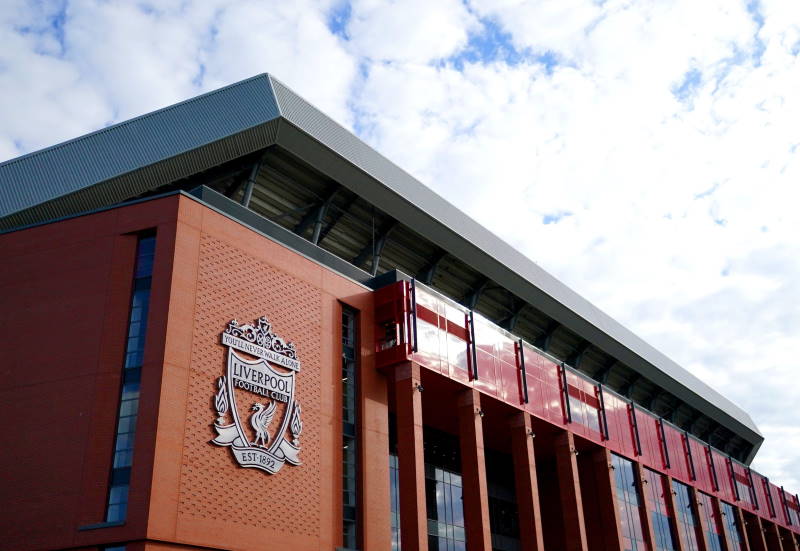
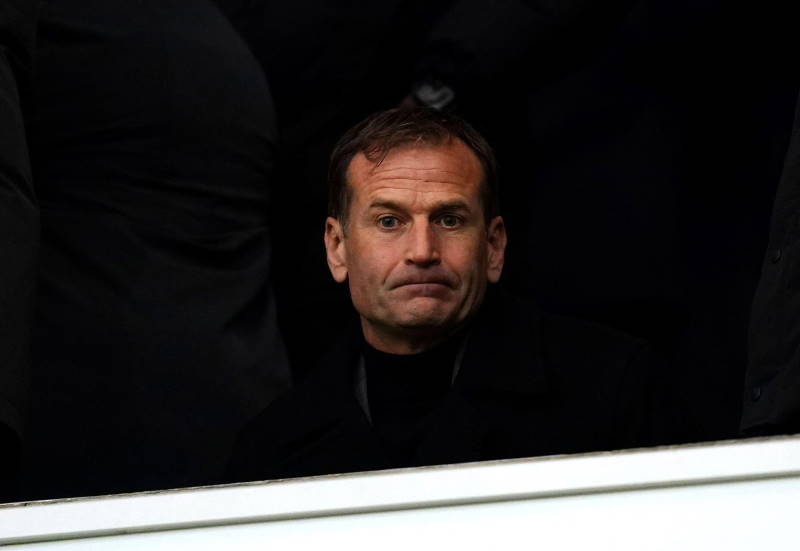
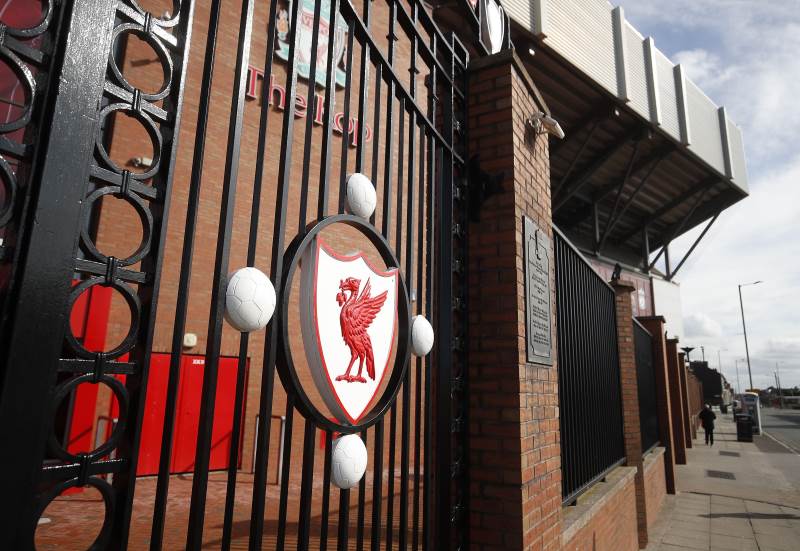
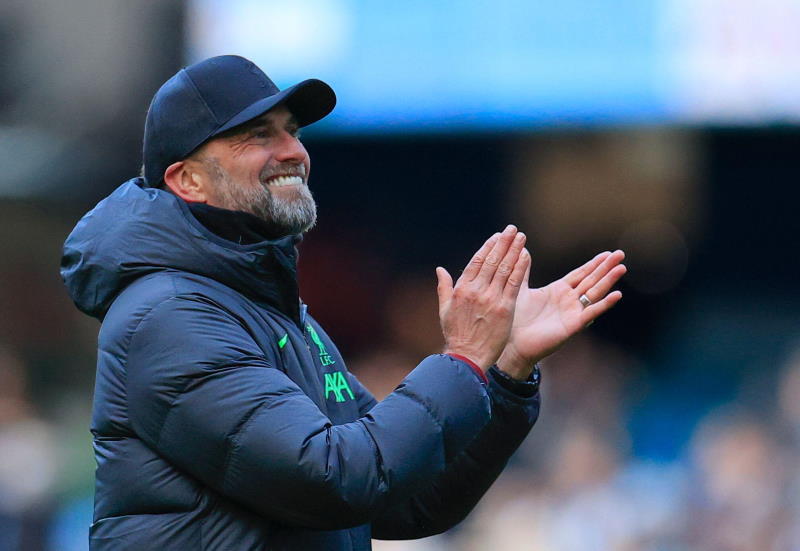
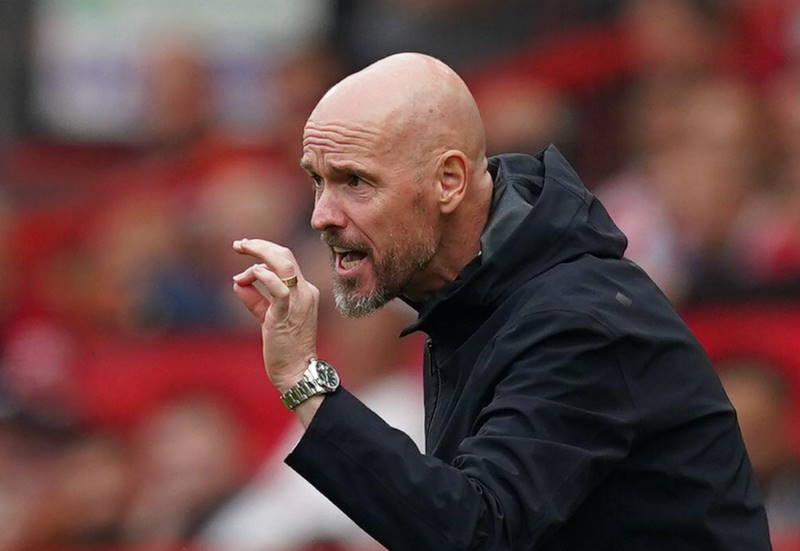
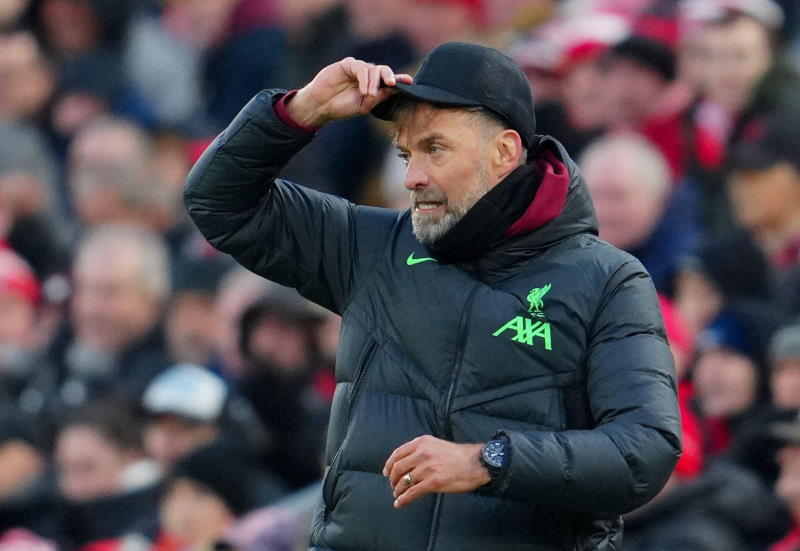
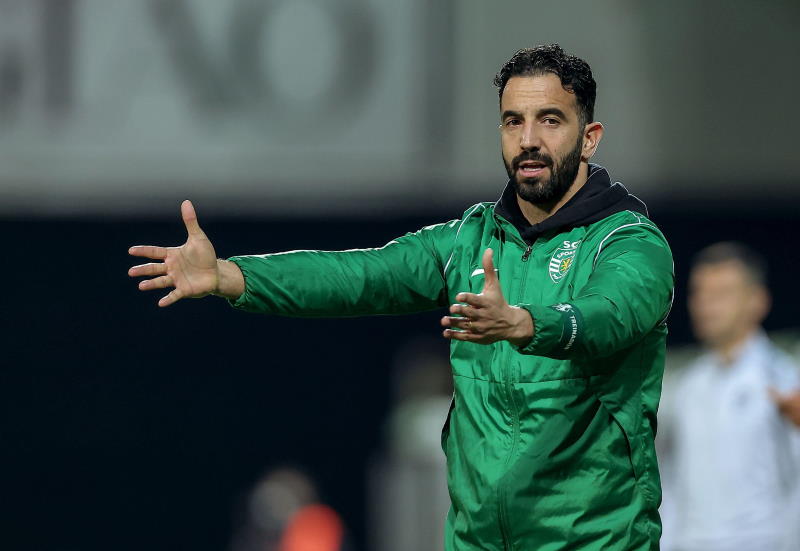
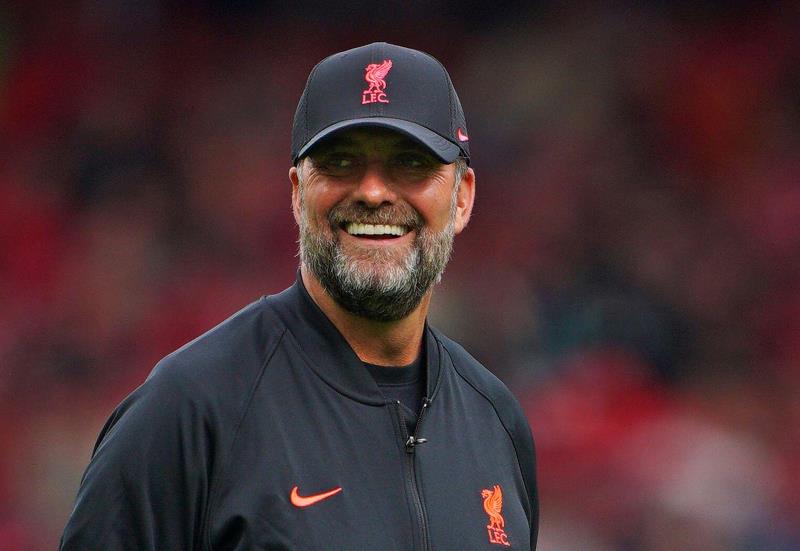
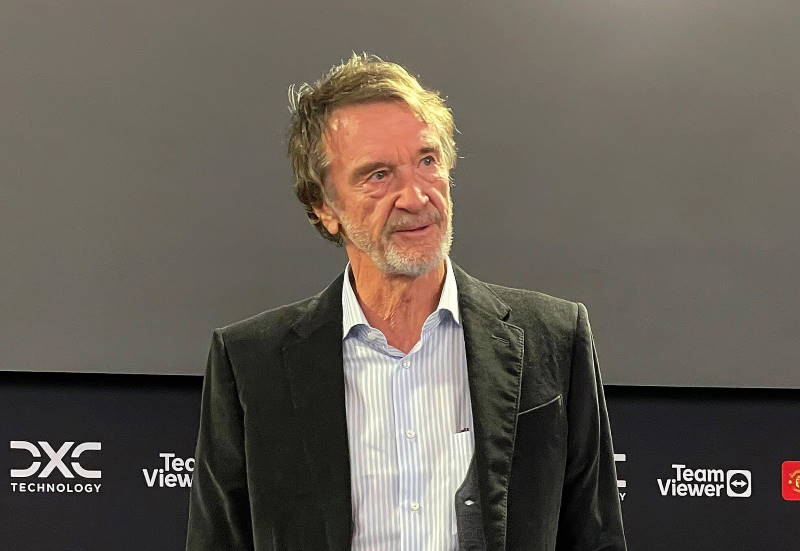
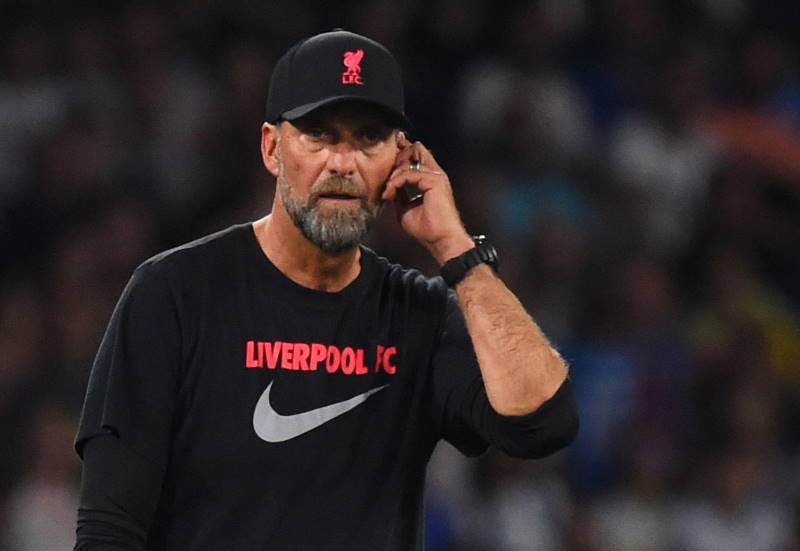
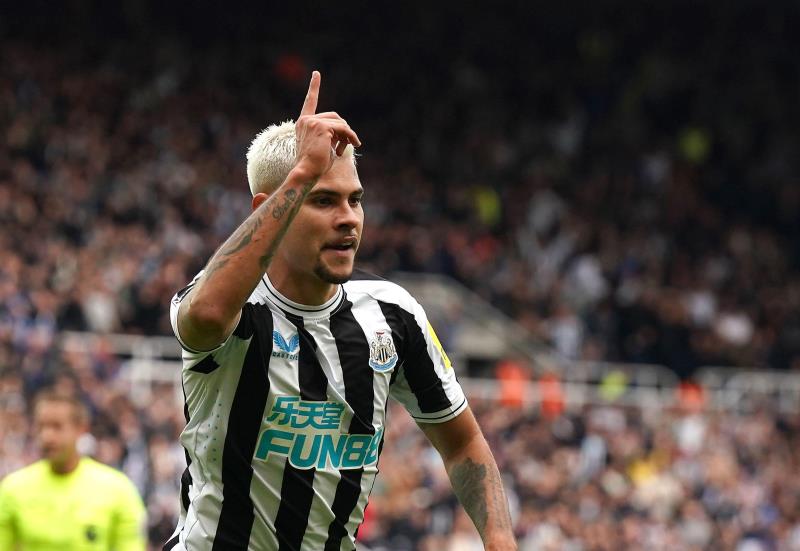

 Colombia
Colombia Ivory Coast
Ivory Coast Greece
Greece Japan
Japan